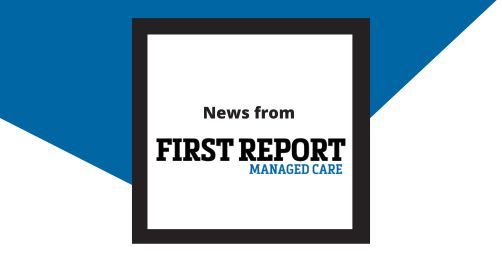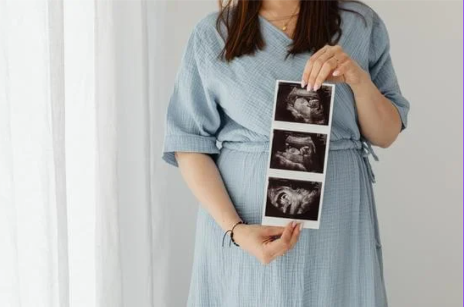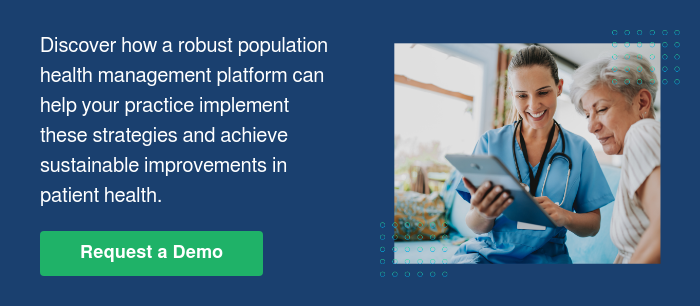When the federal COVID-19 Public Health Emergency ended, states resumed Medicaid redetermination, requiring millions of people to confirm eligibility or risk losing coverage. Under the One Big Beautiful Bill Act (OBBA), states are simultaneously expanding Medicaid eligibility while restarting renewals, creating unprecedented administrative and operational challenges.
For safety-net providers, community health centers and hospitals, this is a defining moment. Coverage continuity directly affects population health outcomes, reimbursement, and the ability to meet value-based care goals. Technology is becoming essential to manage Medicaid redetermination efficiently, prevent gaps in coverage, and protect both patients and provider organizations.
Medicaid Redetermination: The Challenge Providers Can't Ignore
Across the U.S., community health centers and hospitals are now tasked with identifying patients at risk of losing coverage, contacting them through trusted channels, providing application assistance, and reporting back to states and health plans. The process is time-consuming and high stakes: coverage lapses not only impact patient health but also threaten organizational finances by reducing reimbursement for services provided.
Many patients lose Medicaid coverage due to missed paperwork or renewal deadlines, not because they are truly ineligible. Without coverage, care may be delayed until conditions worsen, often leading to avoidable emergency department visits and higher costs. For mission-driven providers already operating on thin margins, every lost patient represents lost reimbursement, uncompensated care, and mounting budget pressure that threatens staffing, care coordination, and investment in population health programs. With as many as 15 million people projected to lose coverage during the redetermination process, this is not just a policy challenge but a financial one that puts provider sustainability at risk.
Data + Technology: The Key to Smarter Medicaid Renewal Workflows
Azara solutions provide community health centers and hospitals the tools they need to manage Medicaid redetermination at scale:
- Azara DRVS: Aggregates EHR, claims, and HIE data into a unified patient record, enabling organizations to create targeted registries of patients at risk of coverage loss and prioritize outreach based on risk level, demographics, and care gaps.
- Azara Patient Outreach (APO): Send automated text message campaigns reminding patients to complete appropriate paperwork by deadline, enabling practice staff to prioritize personal outreach to a much smaller set of unengaged patients.
- Azara Care Connect (ACC): Translates insights into action by allowing staff to document outreach, application assistance, and follow-up encounters in real time, across multiple locations and teams.
- Patient Visit Planning (PVP): Provides alerts ahead of the patient visit, reminding staff when redetermination deadlines are approaching so paperwork can be completed during the visit.
This combination turns Medicaid renewal into a structured, measurable process. Care teams stay aligned, compliance reporting becomes faster and more accurate, and patients are less likely to lose coverage due to administrative barriers.
Real-World Impact: California's Medi-Cal Renewal Success
The California Primary Care Association (CPCA) faced this challenge head-on. Partnering with Azara Healthcare and using Azara Care Connect (ACC), CPCA mobilized outreach navigators across 38 counties to support Medi-Cal renewals and new enrollments.
From January 2024 to June 2025, the initiative achieved:
- 159,000+ Medi-Cal enrollments and re-enrollments
- 1.3M+ people reached through direct outreach
- 290,000+ residents assisted with applications
- 391,000+ people helped access health care services
By using ACC’s centralized tracking, CPCA moved from anecdotal reporting to real-time, data-driven insights—critical for demonstrating impact to the California Department of Health Care Services (DHCS).
> Read Case StudyPreparing for Ongoing Medicaid Renewals Under OBBBA
Medicaid redetermination isn’t a one-time event. Under OBBBA, Medicaid renewals will now be required at least twice per year, and changes in eligibility will bring in new populations needing outreach and support. Providers and health plans who invest in scalable technology now will be better positioned to:
- Maintain coverage continuity for patients and members
- Comply with payer and state reporting requirements
- Protect revenue streams and improve value-based care performance
- Advance health equity by reducing preventable coverage loss
How to Take Action
Keeping patients and members continuously covered leads to better long-term outcomes and supports the goals of value-based care. With the right data and workflows in place, safety-net providers and health plans can keep patients engaged in preventive care, reduce avoidable emergency visits, and turn Medicaid redetermination from a compliance burden into a strategic advantage.
Medicaid redetermination is a long-term operational reality, but it doesn’t have to overwhelm your team. By combining insights from Azara DRVS with patient outreach though APO and workflow management withing ACC, organizations can close coverage gaps, keep patients insured, and help secure the financial stability needed to continue serving their communities.
Related Articles

Navigating Medicaid Turbulence: What Community Providers Need to Know
Explore Insights
Building a Baseline for Patient Access to Strengthen the Maternal Care Continuum
Explore Insights

